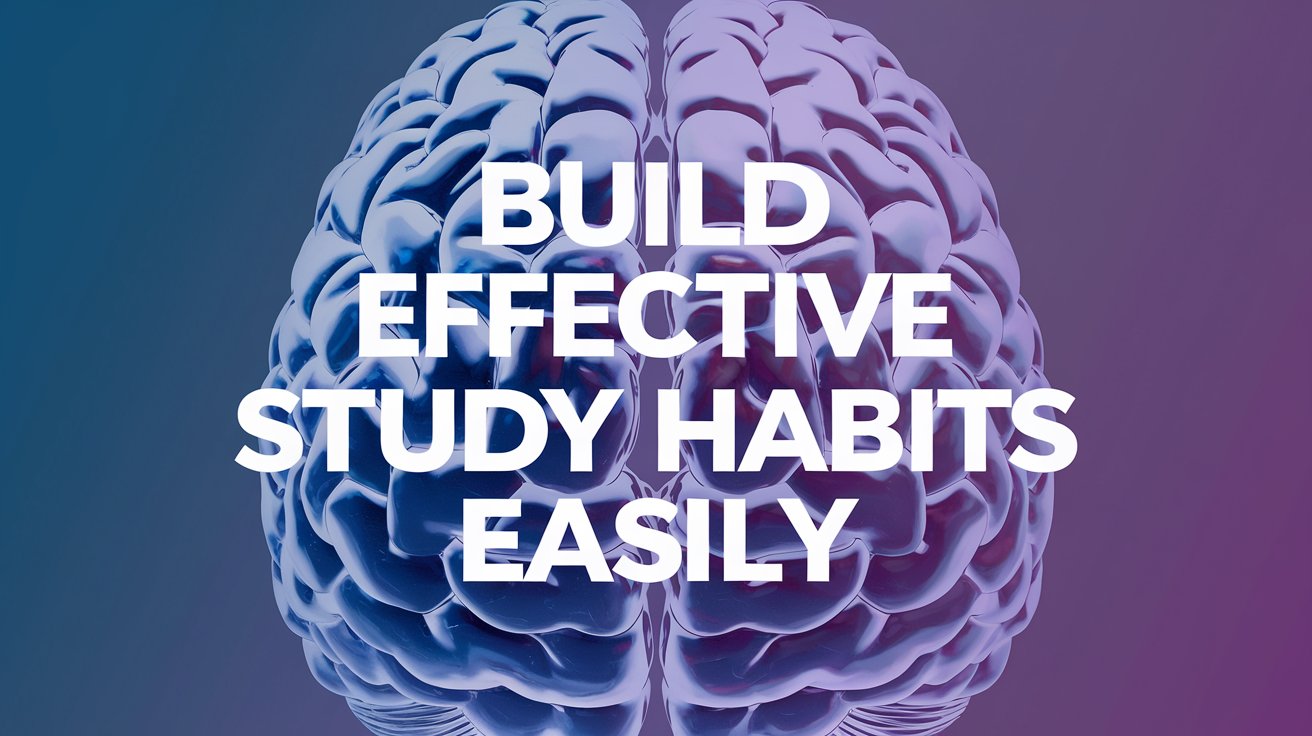Building good study habits doesn’t have to be hard. Anyone can do it with some planning and discipline. In this guide, I will share tips to help you study better. I know it can feel tough to start, but you can do it step by step. Keep reading to find out how to make your study time work best for you.
Effective Study Habits
Effective study habits are important for success. They help you learn more in less time. Everyone can benefit from good study habits, whether you are in school or learning something new. In this post, I will go over different ways to study better. You can try these tips and see what works best for you. Read the following sections to learn more.
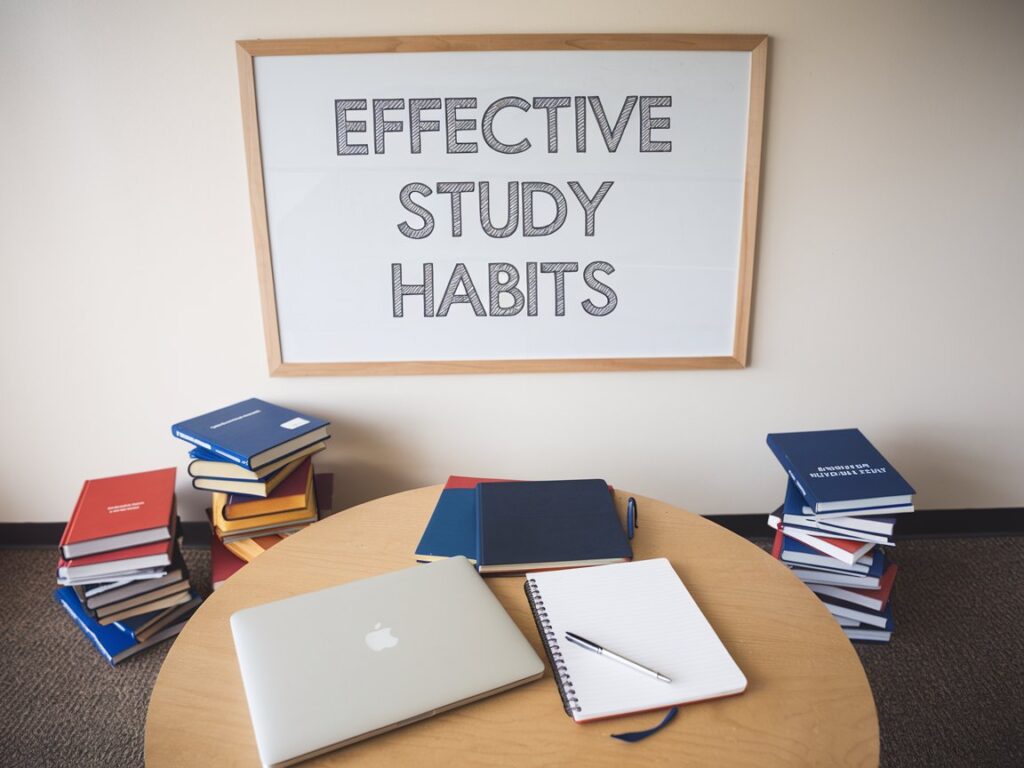
Set Goals
Setting goals is the first step. Goals give you direction. They help you focus on what’s important. Start by setting small, easy goals. Then, work your way up to bigger goals.
For example, you can set a goal to study for 30 minutes each day. Over time, you can increase this to an hour or more. Make sure your goals are clear and achievable. This will help you stay motivated and on track.
Take Breaks
Taking breaks is important too. Your brain needs time to rest. If you study for too long without a break, you will get tired. This makes it hard to focus and remember what you learn.
Try to take a short break every 25-30 minutes. You can stand up, stretch, or walk around. This will refresh your mind and help you study better.
Taking Regular Breaks at Work is the Key to Productivity
Schedule Study Time
Scheduling study time is key to success. If you don’t plan when to study, it’s easy to forget. Pick a time each day when you are most alert. Make it a habit to study at that time every day.
This will help you stay consistent. You can start with a short study session and gradually increase the time as you get used to it.
Ask for Help
Never be afraid to ask for help. Sometimes, you may not understand a topic on your own. It’s okay to ask your teacher, friends, or family for help. You can also join a study group or get a tutor.
Getting help when you need it will make studying easier and more effective. Don’t struggle alone; reach out and get the support you need.

Minimize Distractions
Distractions are the enemy of good study habits. It’s easy to get distracted by your phone, TV, or other things. To study well, you need to minimize distractions.
Turn off your phone or put it in another room. Find a quiet place to study where you won’t be interrupted. This will help you focus and get more done in less time.
Get Enough Sleep
Getting enough sleep is very important. If you are tired, it’s hard to concentrate and remember things. Try to get at least 7-8 hours of sleep each night. This will help your brain function better during the day. Don’t stay up late studying. It’s better to go to bed early and wake up refreshed.
Managing Time
Managing your time well is crucial. If you don’t manage your time, you will feel stressed and overwhelmed. Start by making a list of everything you need to do. Then, prioritize the tasks and do them one by one. Don’t try to do everything at once. Break big tasks into smaller ones, and focus on finishing each one.
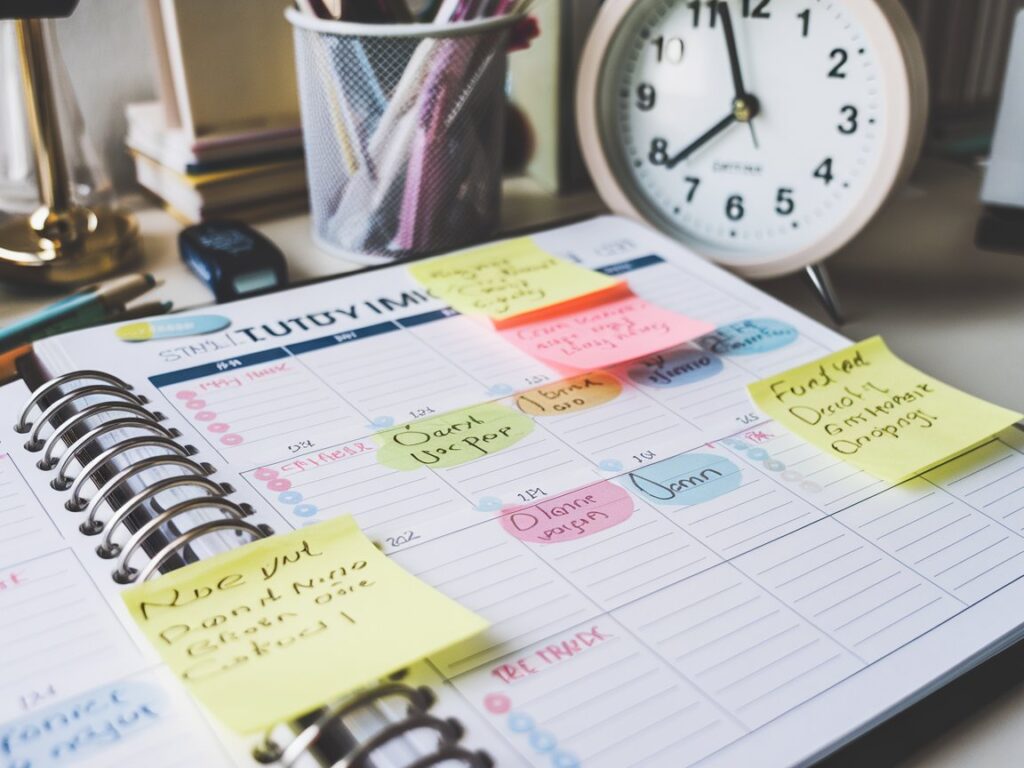
Plan Specific Times for Studying
Planning specific times for studying is important. You need to make studying a part of your daily routine. Decide on a time each day that works best for you. It could be in the morning, afternoon, or evening. Stick to that time, and make it a habit. This will help you stay on track and make studying easier.
Reward Yourself
Rewarding yourself is a great way to stay motivated. After you finish a study session, give yourself a small reward. It could be a snack, a short break, or something you enjoy. Rewards make studying more enjoyable. They also give you something to look forward to after you’ve worked hard.
Study Environment
Your study environment plays a big role in how well you study. A good study environment should be quiet, comfortable, and free of distractions. Make sure you have everything you need before you start studying.
This includes your books, notes, and a comfortable chair. A clean and organized study space can help you focus better.
Study Together
Studying together with friends can be helpful. You can share ideas and help each other understand difficult topics. Just make sure your study group stays focused. It’s easy to get off track when studying with others. Set clear goals for the session and stick to them. This will make group study sessions more productive.
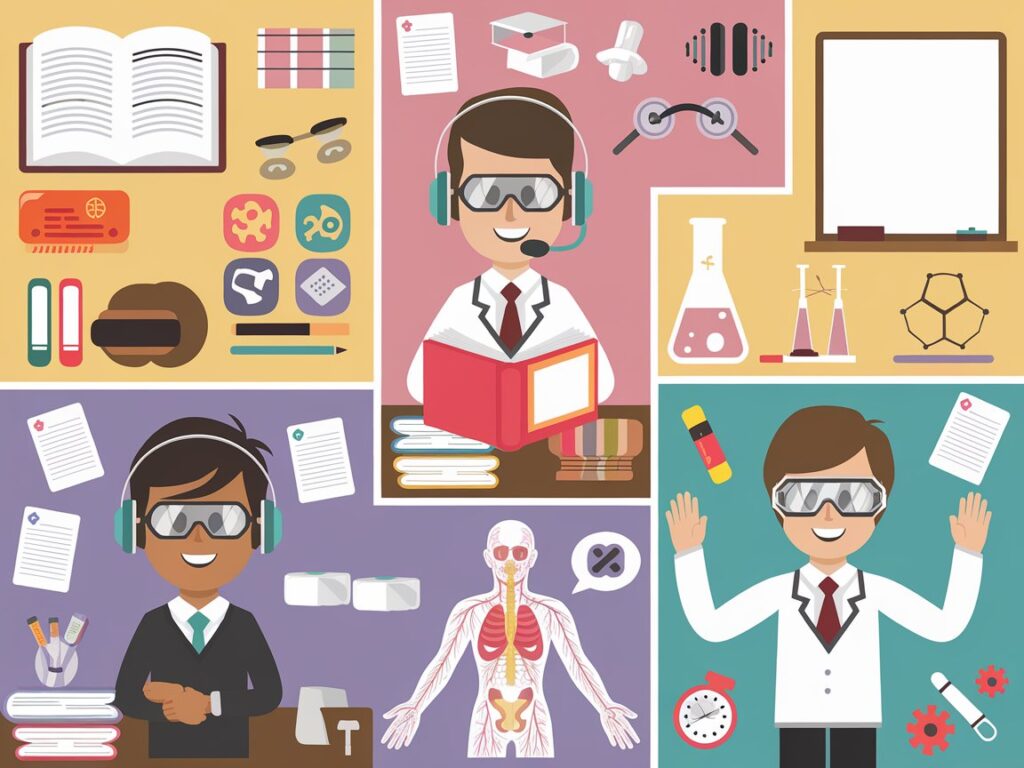
Find Your Learning Style
Everyone has a different learning style. Some people learn best by reading, others by listening, and some by doing. It’s important to find out what works best for you. Once you know your learning style, you can study in a way that suits you. This will make learning easier and more effective.
Isolate Yourself
Sometimes, it’s good to isolate yourself when studying. This helps you focus better. Find a quiet place where you won’t be disturbed. Turn off your phone and any other distractions. This will help you concentrate and get more done. Studying in a quiet place can improve your focus and help you learn better.
Note-taking
Taking notes is a great way to remember what you learn. Good notes help you review key points later. Make sure your notes are clear and organized. Use bullet points, headings, and highlights to make important information stand out. Reviewing your notes regularly can help you retain information better.
Stay Organized
Staying organized is important for effective study habits. Keep your study materials in order. Use folders, binders, or digital tools to keep everything organized. This will save you time and reduce stress. Being organized makes it easier to find what you need when you need it. This will help you study more efficiently.
Study at the Right Time
Studying at the right time is important. Everyone has a time of day when they are most alert. For some, it’s the morning; for others, it’s the evening. Find out when you are most focused and study at that time. This will help you learn more effectively.

Designating Your Study Area
Having a designated study area is crucial. Your study area should be a place where you can focus. It should be free from distractions and comfortable. Make sure you have all your study materials in this area. This will help you get into the right mindset for studying. A good study area can make a big difference in how well you learn.
Methods of Study
There are different methods of study you can use. Some people prefer reading, while others like using flashcards. You can also try summarizing what you learn in your own words. Experiment with different methods to find what works best for you. Using the right study methods can help you learn more effectively.
Practice
Practice is key to mastering any subject. The more you practice, the better you will get. Try to apply what you learn in real-life situations. This will help you understand the material better. Practice regularly to reinforce what you’ve learned.
Review Academic Notes
Reviewing your academic notes is important. It helps you remember what you’ve learned. Make it a habit to review your notes regularly. This will reinforce the information in your mind. Reviewing notes is especially helpful before tests or exams.
Space Out Your Studying
Spacing out your studying is a smart strategy. Instead of cramming, study a little each day. This helps you remember information better. Plan your study sessions over several days. This will give your brain time to absorb and retain the information.

Test Yourself
Testing yourself is a great way to see how much you’ve learned. Try to quiz yourself on the material you’ve studied. You can use flashcards, practice tests, or ask a friend to test you. This will help you identify areas where you need more practice.
Use Study Groups Effectively
Study groups can be very helpful. When used effectively, they can help you learn faster. Make sure your group stays focused on the topic. Everyone should contribute and share ideas. Study groups can be a great way to learn from others and reinforce your understanding.
Don’t Cram
Cramming is not an effective way to study. It might help you remember information for a short time, but you are likely to forget it later. Instead, study a little each day. This will help you retain the information for a longer time. Avoid cramming and focus on steady, consistent studying.
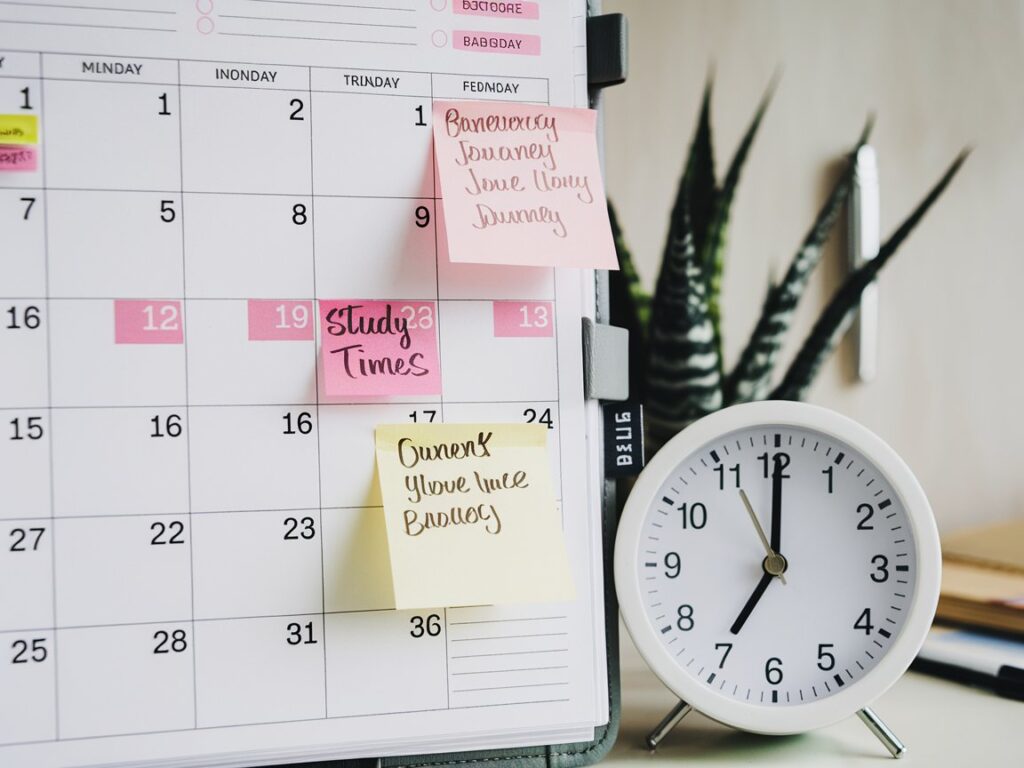
FAQs About Study Habits
Key Takeaways
– Building effective study habits takes time and effort.
– Start by setting clear goals and sticking to a schedule.
– Take breaks to keep your mind fresh.
– Minimize distractions and create a good study environment.
– Find your learning style and use the best study methods for you.
– Remember to reward yourself for your hard work.
– With these tips, you can improve your study habits and achieve your goals.
Building effective study habits is not as difficult as it may seem. By setting clear goals, sticking to a study schedule, and finding your own learning style, you can make studying easier and more productive. Remember, consistency is key.
It’s better to study a little each day than to cram everything in at the last minute. Take breaks, get enough sleep, and create a study environment that works for you.
Over time, these habits will become second nature, and you’ll find yourself achieving your academic goals with less stress and more confidence. Start today, and you’ll see the difference it makes in your learning journey.
